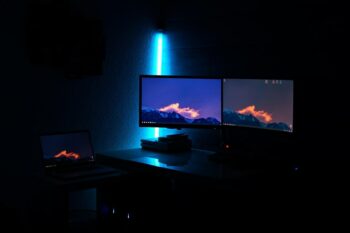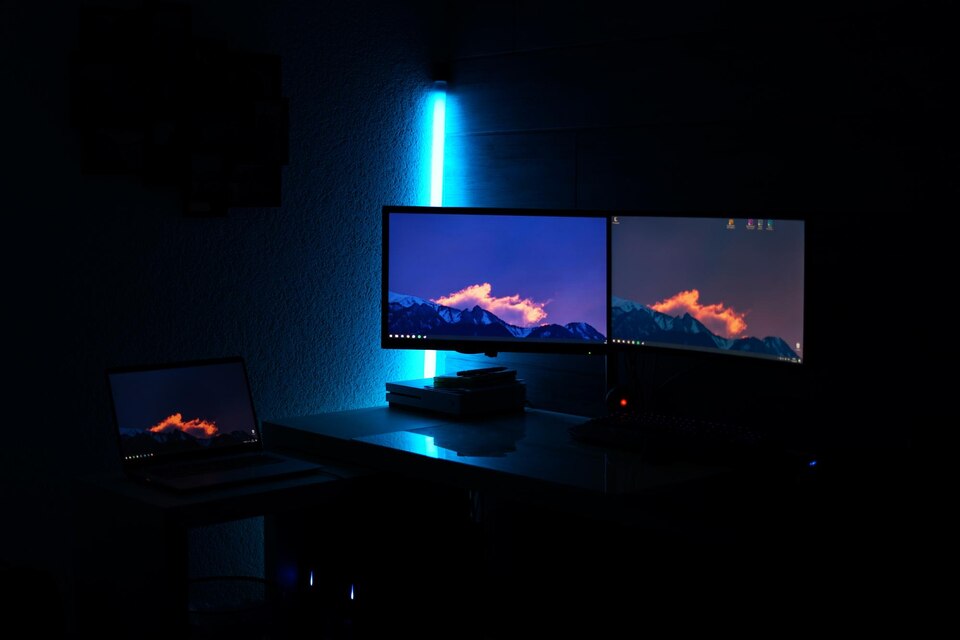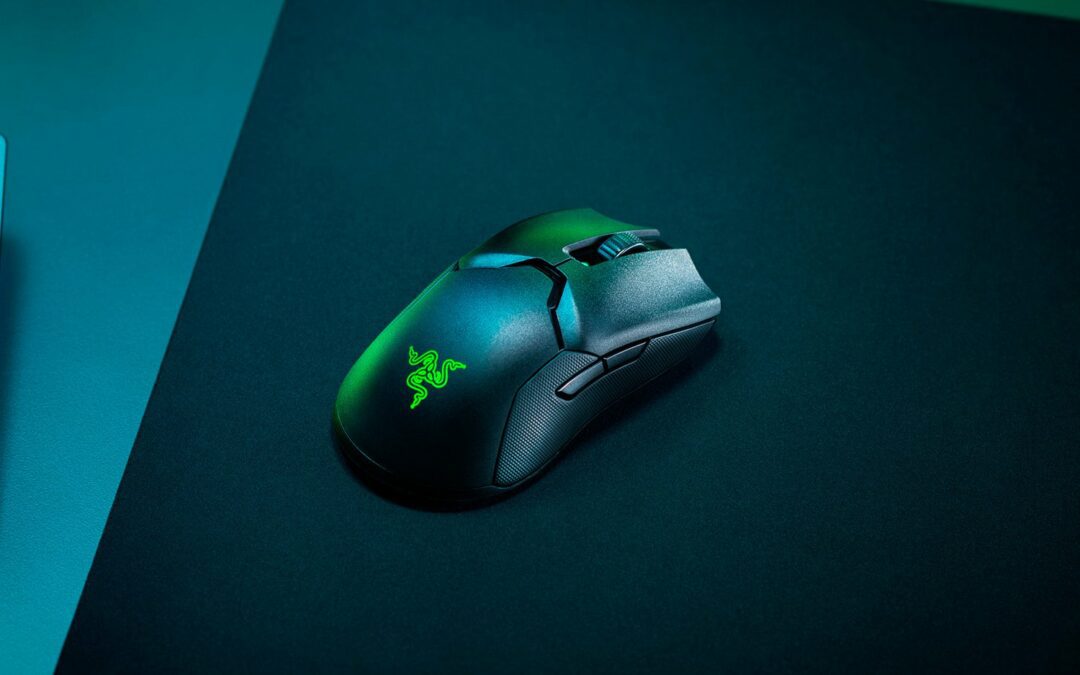One of the biggest misconceptions about gaming is that it’s an inherently unhealthy pastime. Many people—usually non-gamers—think of those who enjoy the hobby as loners who spend nights and days hunched in front of a screen.
There can be such a thing as too much gaming, of course. But for the vast majority of people, playing games is a fun and healthy activity that builds various skills, keeps them mentally active and adds positivity to their lives.
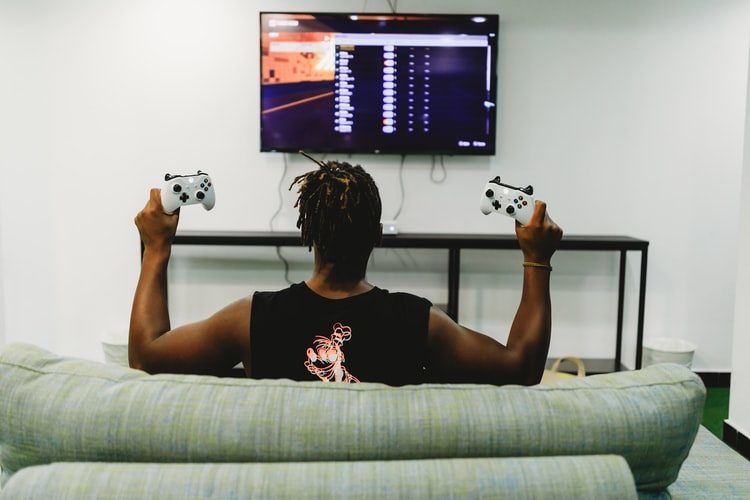
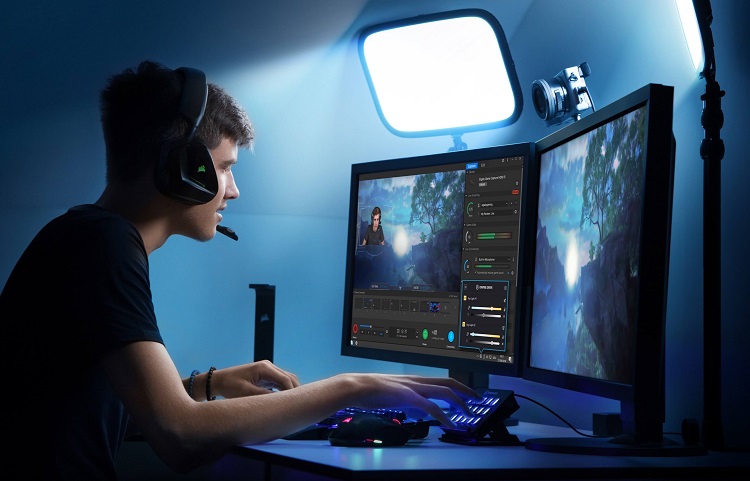
Assumptions vs Reality
Many non-gamers believe that sitting in front of a laptop or console is the peak of laziness and just about the worst hobby in terms of mental and physical health. Gaming, however, can be quite physically demanding, despite the fact that players are often immobile for hours at a time.
Stick To The Basics: Breaks
Keeping your gaming enjoyable while remaining healthy isn’t hard, and can be achieved by sticking to a few basic habits. It’s important to acknowledge that this isn’t something only applicable to gamers; anyone working in sedentary jobs, like office clerks or receptionists, should be taking steps (sometimes literally) to maintain a balance between inactivity and movement.
It’s fine to game for a few hours, but if you don’t take regular breaks your body (and mind) will suffer. Your muscles will soon become stiff, and even your brain will become sluggish after a lengthy session with no intervals. Gaming is engaging and mentally stimulating, but taking time out now and then renews your energy and reboots your focus.
Keep An Eye On Vision
One important part of keeping your gaming healthy is looking after your eyes. Your sight can serve as a yardstick that tells you it’s time to recalibrate. Sore, itchy, or tired eyes indicate the need to look away from the screen for a while.
A good rule of thumb for keeping your eyes happy is to take at least a 20-second break to look away from the screen every 20 minutes, and look at a spot at least 20 feet away. This short exercise allows your eyes to refocus and helps to prevent eye strain.
Make It Social
Many critics of gaming decry the fact that it makes players antisocial, and one long-held opinion is that gaming leads to violent behavior, especially in young adults. While that second assumption is inaccurate, the belief that gaming is an antisocial activity holds some truth. The vast majority of gamers don’t become violent, but some become isolated.
Playing online with other gamers can help to encourage interpersonal interaction, but everyone needs regular face-to-face communication. The past two years have made it clear that while working and functioning remotely can be done, it has negative effects when not balanced out with some in-person contact.
As to the theory that gaming causes violence: there have been many studies on the effect of violent games on people’s level of aggression, but no outright conclusion. If you get too caught up in the adrenaline of a violent game, it’s a good idea to take some time out and re-evaluate whether that type of game is for you.
Balance
If you want to get the most out of your gaming, it’s essential to balance out periods of inactivity with short breaks to re-energize and take a breather. Remaining conscious of how your body feels can be extremely helpful in avoiding stiffness, headaches, and over-tiredness.
Your posture, for example, can easily deteriorate into a slouch if you game for hours without moving at all. Hunching over a console for lengthy periods can give you backache, neck pain and headaches. But by balancing out long periods of sitting with movement, these issues are largely avoided. Regularly standing up, stretching, and getting your blood pumping for a few minutes can prevent those aches and pains. Just like everything in life, a good balance is the healthiest way to go.
Winding Down
Another popular view is the misconception that all games interfere with sleep. While staring at a screen for too long can keep you awake and mentally restless, there are plenty of games that actually help you unwind and relax at the end of a busy day.
Gaming is mentally engaging, but slower and non-competitive games can be relaxing. Some examples include:
-
- Everybody’s Gone to the Rapture: A non-linear game set in a Shropshire village that is based on exploration rather than competition.
-
- Wattam: A friendly, animated setting in which your task is to make friends with a range of characters. You can play solo or with others, and the emphasis is on discovery and positive interaction.
-
- A Short Hike: A relaxing and simple exploration game involving—you’ve guessed it—a short hike. Beautiful visuals encourage you to move at your own pace, discovering treasure and getting to know other “hikers”.
-
- Firewatch: A slow-paced, mystery-type game with spectacular visuals.
Games like these are perfect for relaxing. Instead of fast-paced, violent games, they can give you a sense of calm and comfort. Research has shown that gaming can be helpful in relieving stress and many gamers feel that their hobby has a significantly positive effect on their wellbeing.
Gamers themselves have differing beliefs about the effects of gaming on their quantity and quality of rest, despite the fact that some research shows that playing games negatively impacts sleep. One important thing to note here is that gaming late at night is likely to keep you awake. Getting involved in a game in the evening can easily lead to unintended late nights, which leaves you tired and grouchy the next day.
The solution? Stick to relaxing games in the evening and don’t stay up late to play.
The Takeaway
People all around the globe enjoy gaming, yet many still believe that it’s inherently unhealthy. While excessive gaming can be damaging (physically and mentally), playing games is something that people enjoy. It can help with relaxation while also promoting dexterity and psychological skills, such as decisiveness and critical thinking.
Healthy gaming is all about maintaining balance. This is easy to achieve if you remain mindful of your physical and mental condition. If you do this, all that’s left to do is have fun!
Have any questions? Comments? Leave them below!


